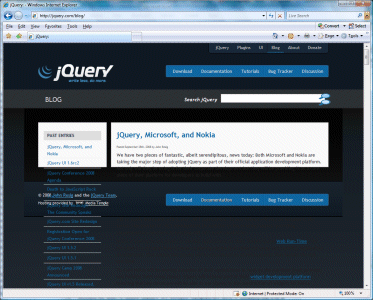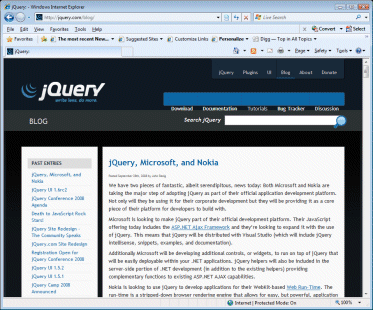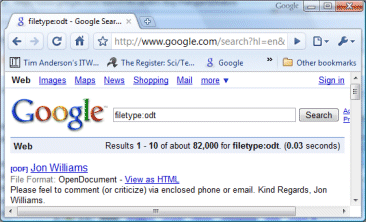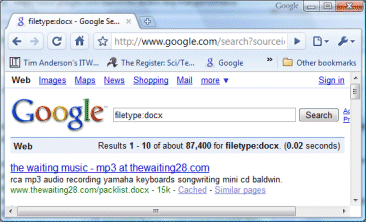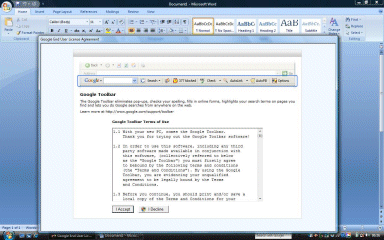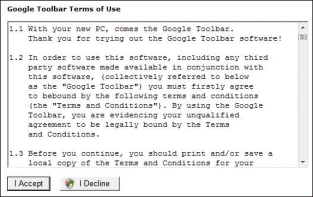That’s the question posed by the MPAA (Motion Picture Association of America) in its suit [PDF] against RealNetworks for RealDVD, software that lets you rip DVDs to a hard drive so you can play them back without using the actual disk.
We’ve already had this argument over music CDs, and it has been largely won by the consumer. Although it is a form of copying and probably illegal, the lawyers have not tried to prevent the likes of Apple and Microsoft from distributing software, such as iTunes and Windows Media Player, that makes it easy to copy CDs to a computer. Nor has anyone pursued individuals for doing so. The common sense argument is that it is merely fair use: you should not have to buy the music again because you are now playing it from a file on a computer rather than directly from a CD.
Consumers do not always play fair. eBay is strewn with ads for CD collections being sold off, because they have been ripped to a hard drive and are no longer required. Another problem is that the ripping software does not know whether the CD you are copying is yours or not. You might have borrowed it from a friend, in which case you have no right to keep a copy for your own use.
When it comes to DVDs, it is this last point that riles the MPAA:
Among other things, the RealDVD software enables users to engage in an illegal practice known as “rent,rip and return,” whereby a person rents a DVD from a legitimate business like Blockbuster or Netflix, uses the RealDVD software to make multiple permanent illegal copies of the movie, and returns the DVD, only to rent another popular title and make permanent copies of it, repeating the cycle of theft over and over again without ever making a purchase.
The difference between CDs and DVDs is that DVDs are encrypted. The encryption algorithm is now well-known, but nevertheless software that rips DVDs has to decrypt them first. This puts it in a different category from CD ripping software since CDs are unprotected; at least, that’s what the legal folk argue. RealDVD applies its own encryption as an anti-piracy measure, but that might not be a sufficient defence.
The counter-argument is that ripping a DVD is fair use. A ripped DVD occupies more space than a CD, but you can still get forty to sixty of them on a 250GB drive, and there are many advantages in convenience, portability and backup. If ripping a DVD is illegal, then the only legitimate way to enjoy this convenience is by re-buying the material, where available, from a download service.
This silly thing is, free software to rip DVDs is already easy to obtain. A Google search for “rip DVD DivX” reports 577,000 hits. As ever, I don’t trust Google’s arithmetic, but it is some indicator of the high level of interest in this procedure.
I expect the MPAA will find it hard to persuade the general public that ripping your own DVD for your own use is an unreasonable action.
